Holmes’ new law requires equitable mental health care coverage for healing after miscarriage or stillbirth
- Details
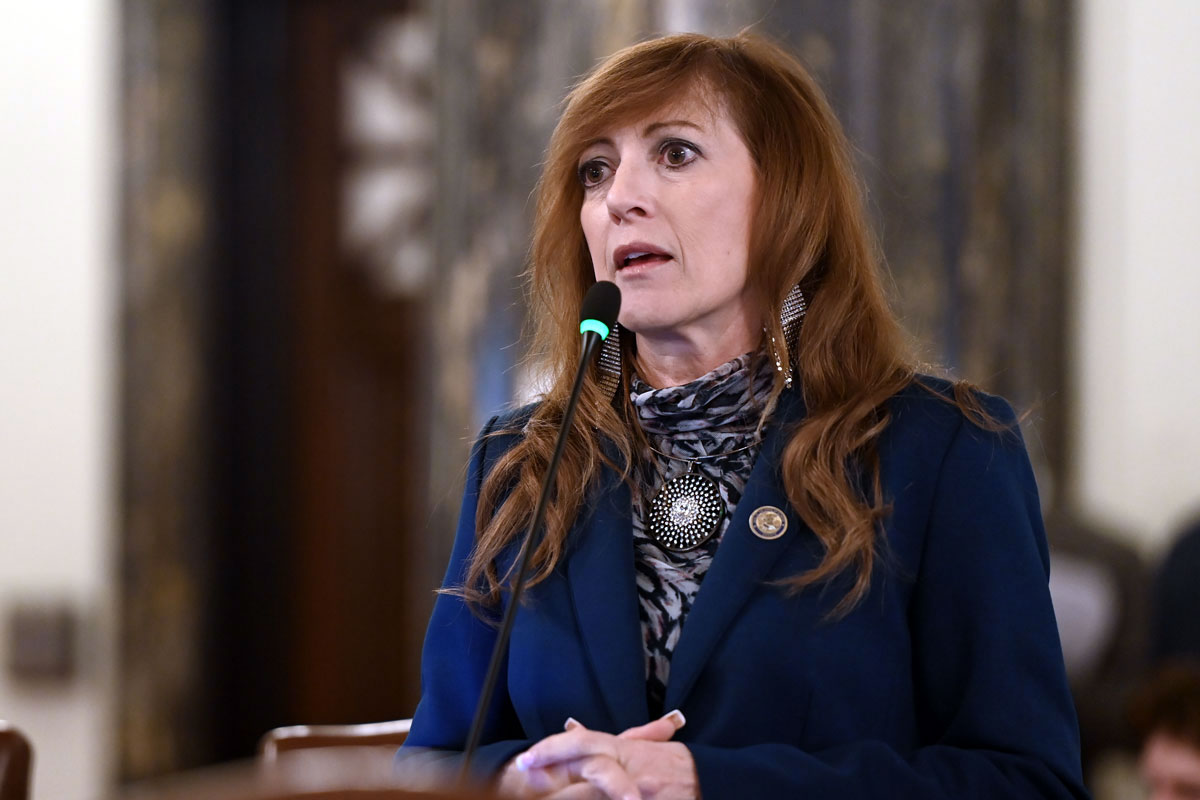 SPRINGFIELD – State Senator Linda Holmes’ legislation to require insurers to cover care for mental and emotional recovery for those suffering a miscarriage or stillbirth has been signed into law today.
SPRINGFIELD – State Senator Linda Holmes’ legislation to require insurers to cover care for mental and emotional recovery for those suffering a miscarriage or stillbirth has been signed into law today.
“Those who have faced the loss of an infant can cope with the trauma for the rest of their lives; it is often an overpowering shock,” said Holmes (D-Aurora). “This pain can trigger anxiety, stress and depression, and may lead to substance abuse.”
Special education students get needed services under Ventura backed law
- Details
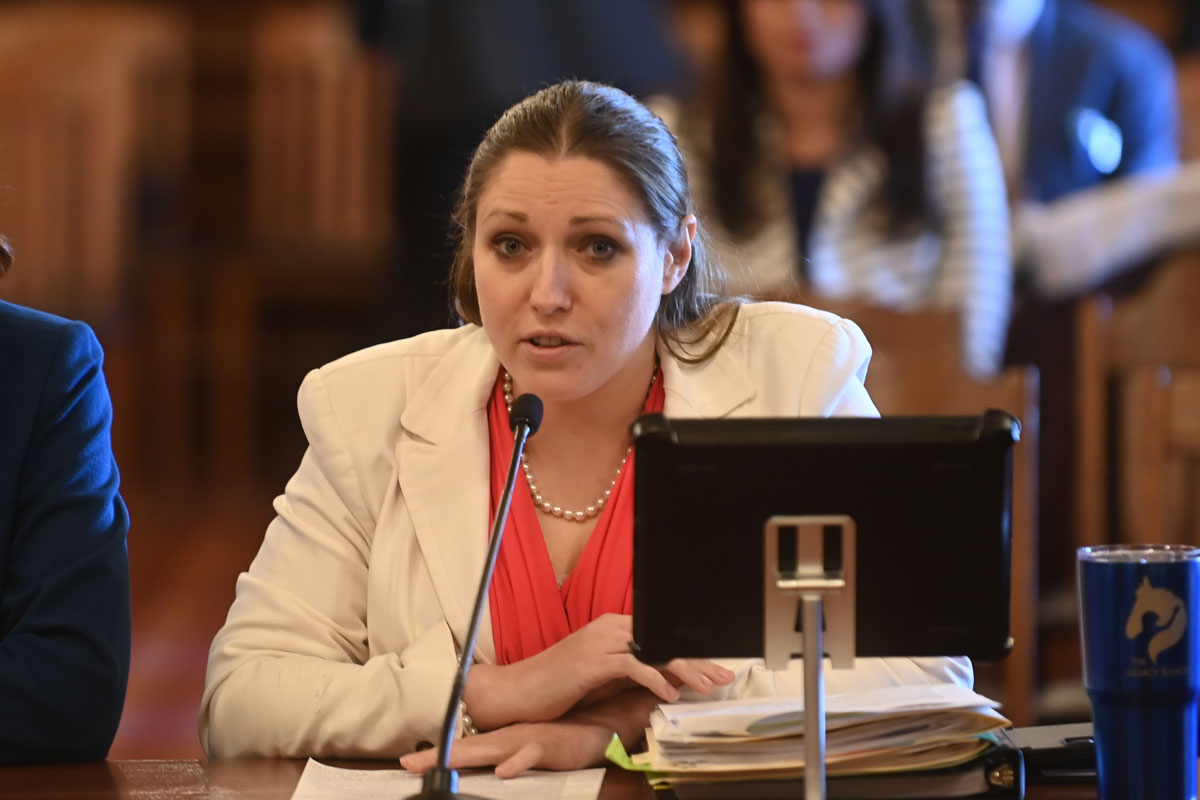 SPRINGFIELD – School districts will now be required to provide resources and services for special education students who do not have a guardian under a new law backed by State Senator Rachel Ventura.
SPRINGFIELD – School districts will now be required to provide resources and services for special education students who do not have a guardian under a new law backed by State Senator Rachel Ventura.
“This law was crafted to advocate for special high needs education students who do not have a guardian to petition schools to provide resources for them,” said Ventura (D-Joliet). “Everybody deserves an education that provides them the resources they need to succeed. We cannot in good conscience leave these students to fend for themselves if they need a specialized school to meet their needs so they can succeed.”
Read more: Special education students get needed services under Ventura backed law
Stadelman law protects utility customers from shutoffs
- Details
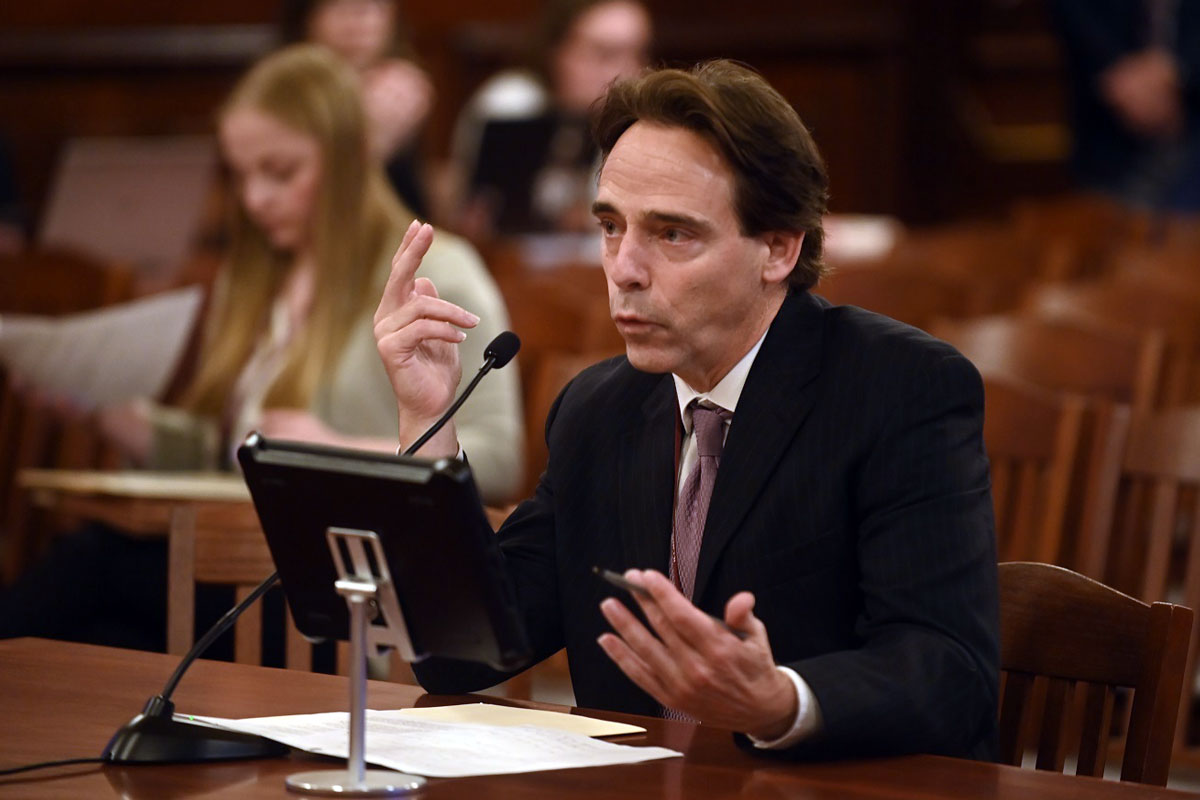 SPRINGFIELD – Utility customers who apply for state energy bill assistance will soon have greater protections safeguarding them from disconnection, thanks to a new law championed by State Senator Steve Stadelman.
SPRINGFIELD – Utility customers who apply for state energy bill assistance will soon have greater protections safeguarding them from disconnection, thanks to a new law championed by State Senator Steve Stadelman.
“This is about making sure our most vulnerable community members do not have to face the threat of losing essential utility services while they seek much-needed financial assistance,” said Stadelman (D-Rockford). “It provides a critical safety net during times of economic uncertainty.”
To ensure vulnerable populations maintain access to essential utilities during times of financial hardship, the measure requires electric and gas companies with more than 500,000 customers to prevent the disconnection of utility services for those actively seeking energy payment assistance.
Read more: Stadelman law protects utility customers from shutoffs
Cunningham’s initiatives for first responders signed into law
- Details
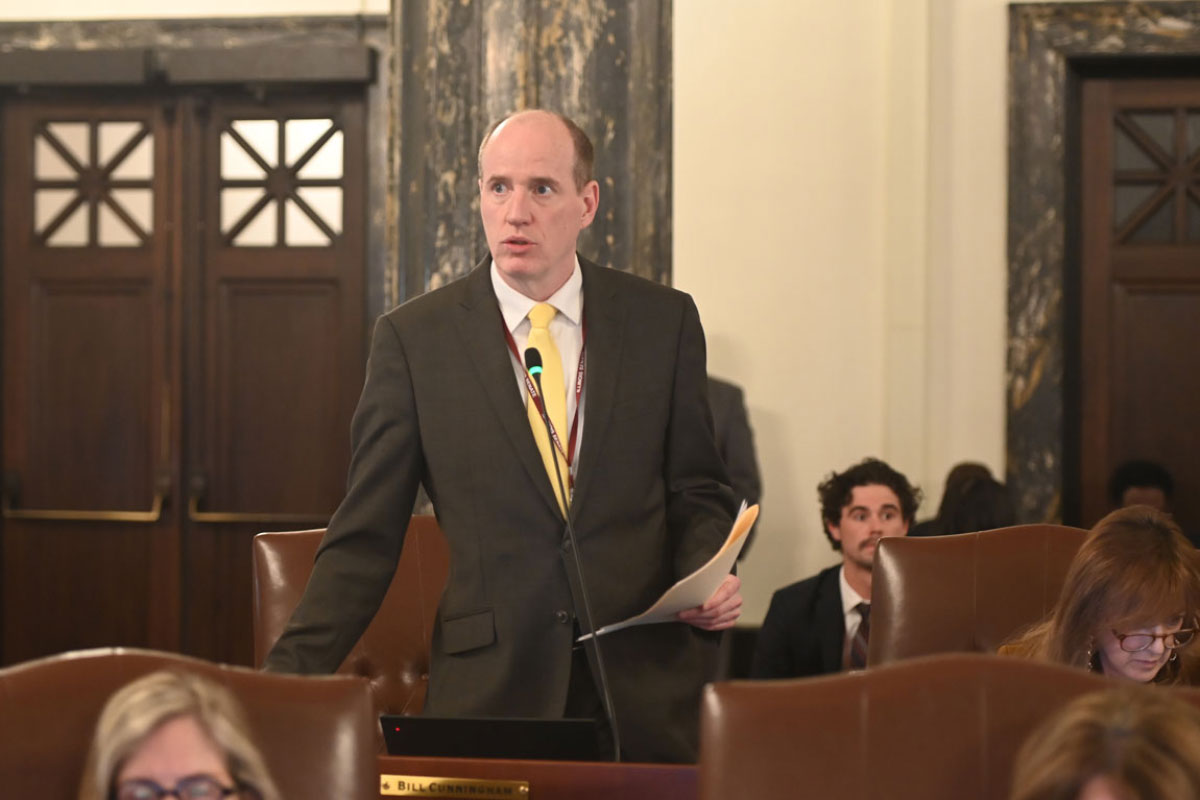 SPRINGFIELD – State Senator Bill Cunningham led two initiatives to expand family counseling services and disability benefits for first responders that were signed into law on Friday.
SPRINGFIELD – State Senator Bill Cunningham led two initiatives to expand family counseling services and disability benefits for first responders that were signed into law on Friday.
“These laws recognize the job-related stress that first responders have to deal with,” said Cunningham, a Democrat who represents portions of Chicago and the Southwest Suburbs. “Many first responders will no longer have to worry if their department will cover family counseling services.”
House Bill 4460 requires every self-insured county and municipality to provide coverage for marriage and couples counseling for firefighters and police officers. Coverage for marriage or couples counseling has not been required in insurance plans for first responders because it had not been considered a diagnosable mental health condition.
Read more: Cunningham’s initiatives for first responders signed into law
More Articles …
Page 145 of 733

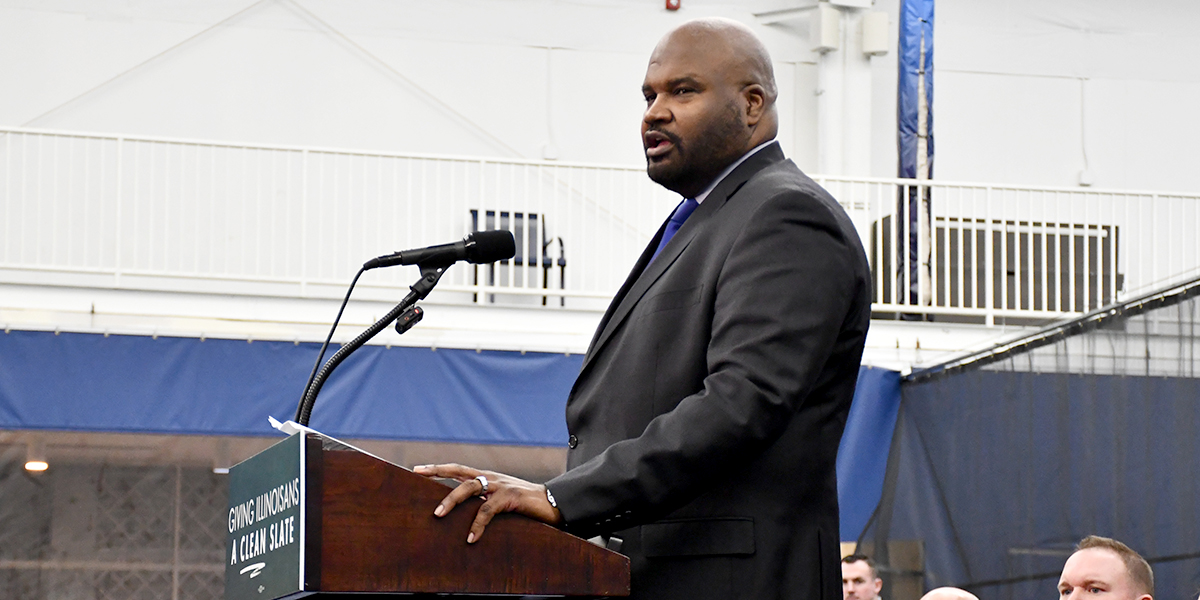
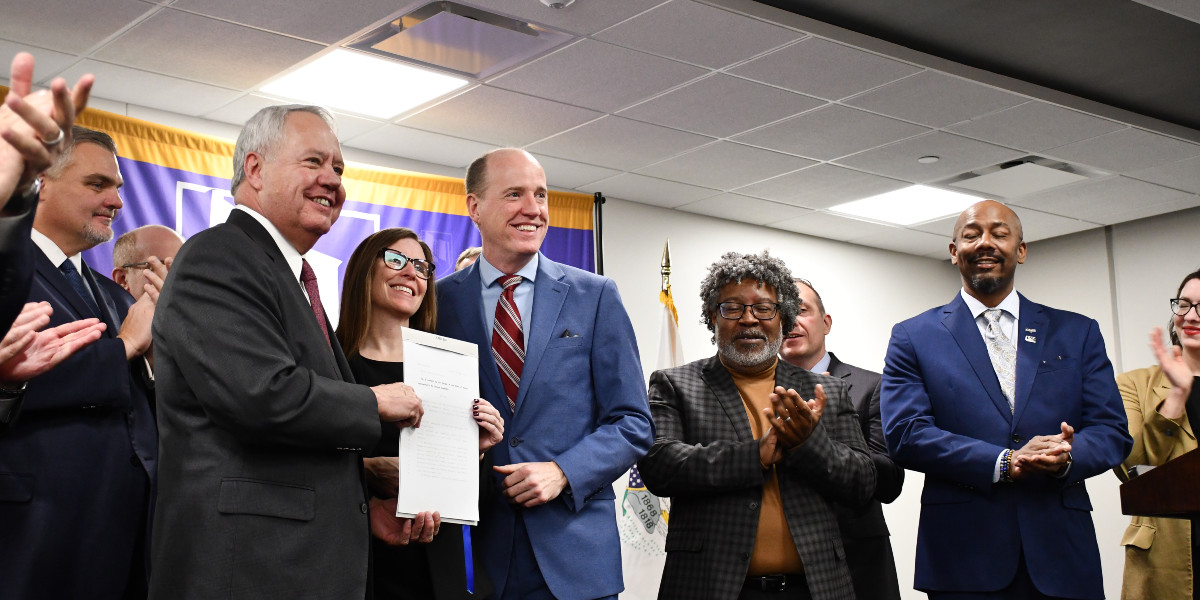
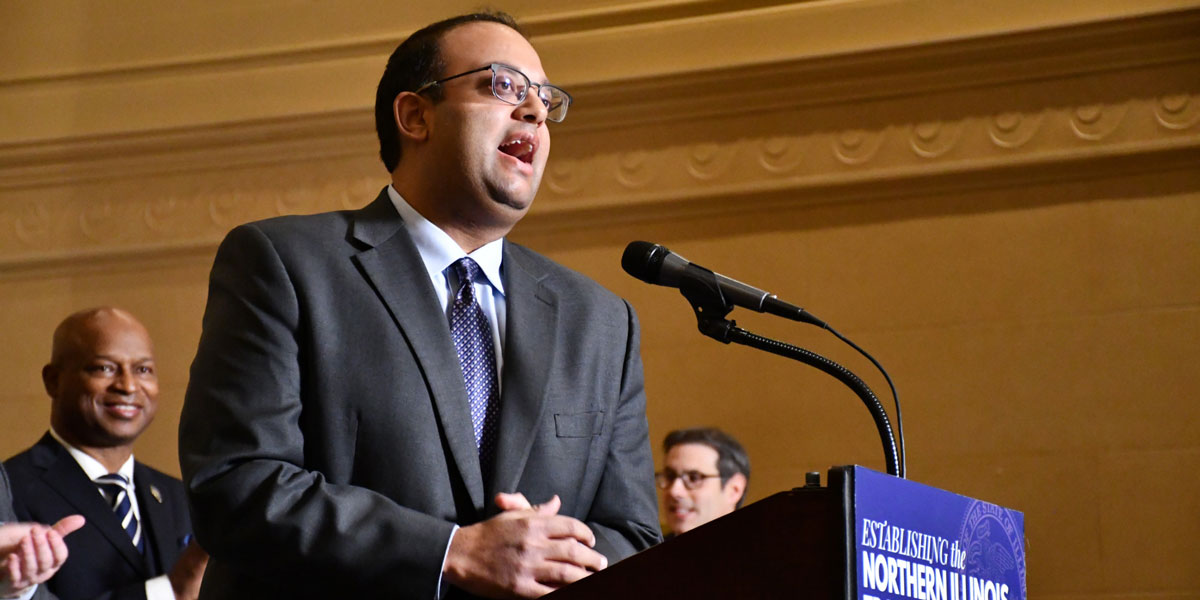
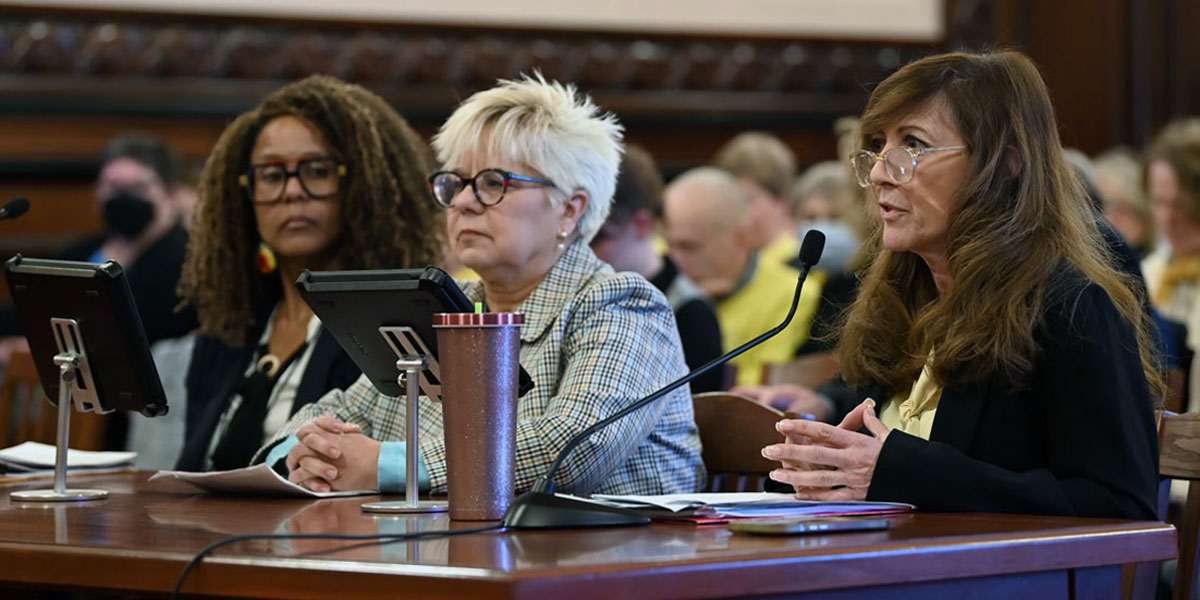
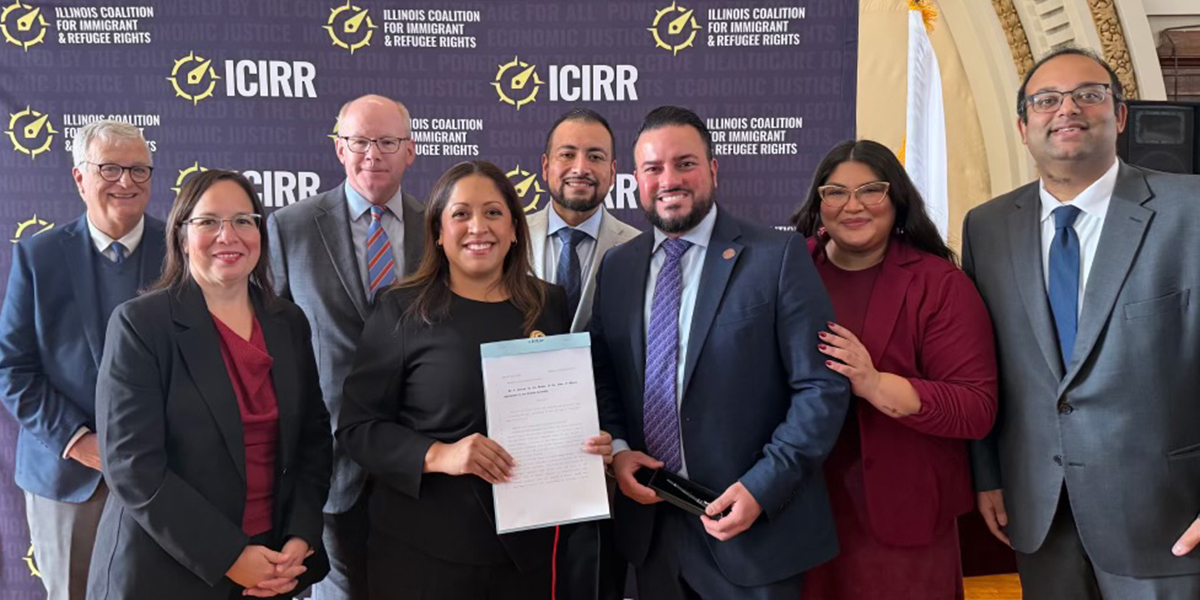


















 © 2026 Illinois Senate Democratic Caucus
© 2026 Illinois Senate Democratic Caucus